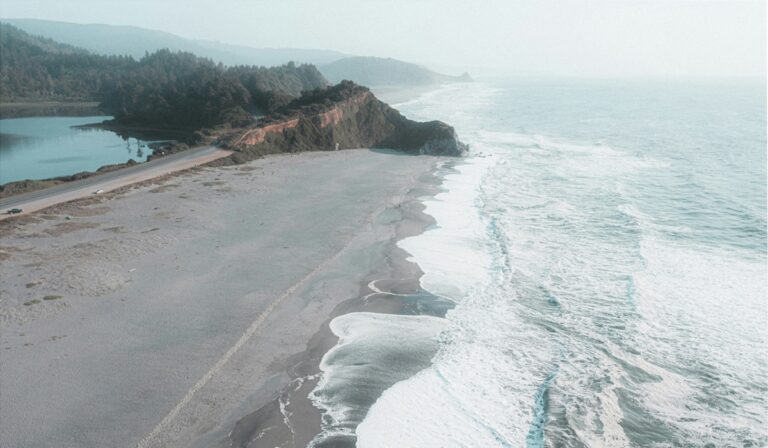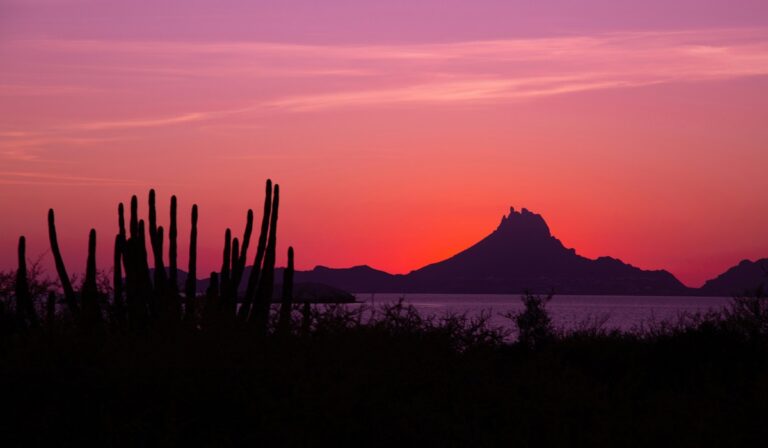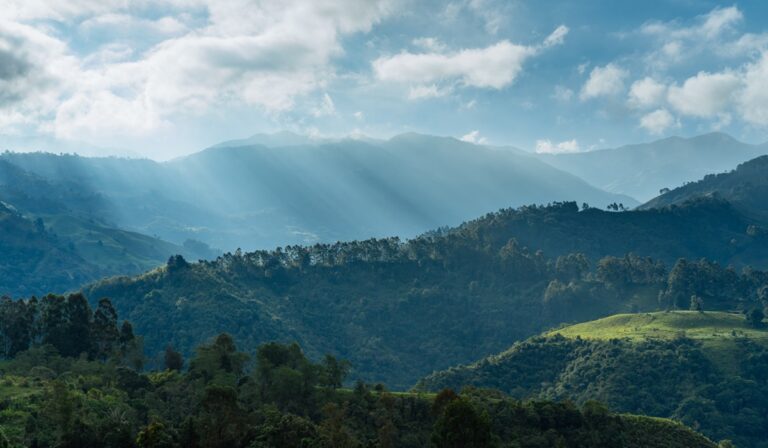First ever U.S. Indigenous Marine Stewardship Area declared in California
The Tolowa Dee-ni’ Nation, Resighini Rancheria, and Cher-Ae Heights Indian Community designated the first ever Indigenous Marine Stewardship Area (IMSA) in the U.S. along the northern California coast.
The tribes plan to steward nearly 700 square miles of their ancestral ocean and coastal territories from the California-Oregon border to Little River near the town of Trinidad, California using traditional ecological knowledge and management practices.
First ever U.S. Indigenous Marine Stewardship Area declared in California Read more










